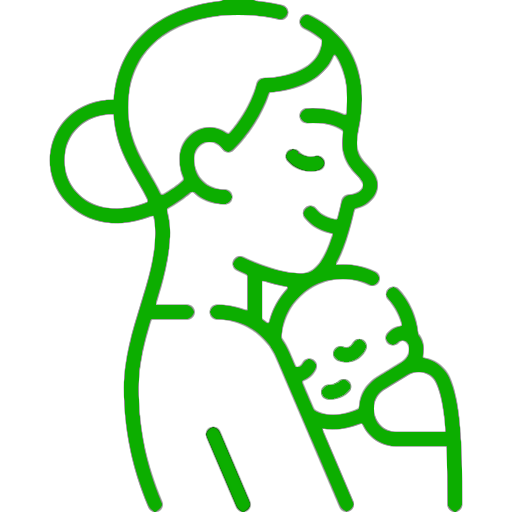70% Of Pregnant People Take At Least One Prescribed Medication

Did you know that 70% of pregnant people take at least one prescribed medication? And that 90% take any medication during pregnancy? How do you know if it is safe for a pregnant person to take these medicines?
Teratogen Information Specialists (TIS) are experts at answering questions about the potential increased risk of taking an OTC or prescribed medication, as well as any other exposures! Teratogens are substances that can increase the risk of birth defects in a developing baby.
When exposed during pregnancy, this can result in a smaller baby or an early delivery. To become a TIS, we must undergo extensive training before we can answer questions from healthcare providers, pregnant and lactating women, their relatives and partners, prospective adoptive parents, and the general public. We get calls from people of all ages, from teenagers to seniors, and even prospective grandparents. Teratogen specialists learn how to investigate a question, summarize the data, and communicate it in an understandable manner. Every contact is unique because every scenario is unique.
This work differs from that of other healthcare providers such as genetic counsellors, midwives, or obstetricians in that we do not generally delve into family history and do not make direct recommendations. We try to be reassuring while providing you with the most recent exposure information.
We consider the effects of both taking and not taking medication, herbal supplements, or over-the-counter drugs. There are important considerations when planning a pregnancy, dealing with a newly discovered or unexpected pregnancy, dealing with worsening mental or physical health conditions or dealing with the unexpected diagnosis of a birth defect or pregnancy loss.
The effects of both taking and not taking medication, herbal supplement
We respond to questions from prospective adoptive parents who may only have 36 hours to decide whether or not to accept a baby whose biological mother used heroin, methamphetamine, or alcohol during pregnancy. We listen to pregnant callers who are concerned about the large amounts of alcohol or marijuana they consumed prior to receiving a positive pregnancy test.
We also answer questions from honeymooners concerned about Zika virus exposure. And common questions these days concern the COVID-19 virus, as well as COVID vaccines and booster shots administered at any time during pregnancy or breastfeeding.
Teratogen specialists also receive calls about the potential side effects of pain medications for pregnant women who are in excruciating pain and are about to undergo surgery, such as a pre-op visit for a herniated disc. We have many conversations with lactating women who were told to “pump and dump” after dental work, general anaesthesia, or CT scans, and we can explain why this outdated practice is usually unnecessary.
Some people call repeatedly because they are anxious or because our TIS team has dependable expertise. We also answer questions about COVID-19 and vaccines, prescription and over-the-counter medications, and how much a drug gets into breastmilk.
We receive inquiries from pregnant and postpartum women who want to avoid using inhalers or taking their anxiety/nausea/ADHD medications. We share the research with them and reassure them that some health conditions require medication treatment because it is best for mom and baby. Some discussions are more sensitive, such as those with a history of multiple miscarriages, IVF, or other high-risk pregnancies who are trying to make the best decisions in a high-stakes stressful time. It’s normal to cry from time to time.
We frequently discuss the individual benefits of taking/using the medication or other product versus any potential risks to the pregnancy or the baby. We advise them to take the long view, as they will be making “risk vs. benefit” decisions for the child growing inside them for the next two decades.
So, it’s critical that you make a decision now that provides you with a high quality of life while also taking into account all of the consequences for you, both mentally and physically. It is also important input from your partner and healthcare providers.
This page is based on professional advice from reputable medical and government organizations, such as the American Academy of Pediatrics and the American College of Obstetricians and Gynecologists. This page’s material should not be used in place of professional medical advice. For a complete diagnosis and treatment, always seek the advice of a medical expert.














Leave a Reply
View Comments